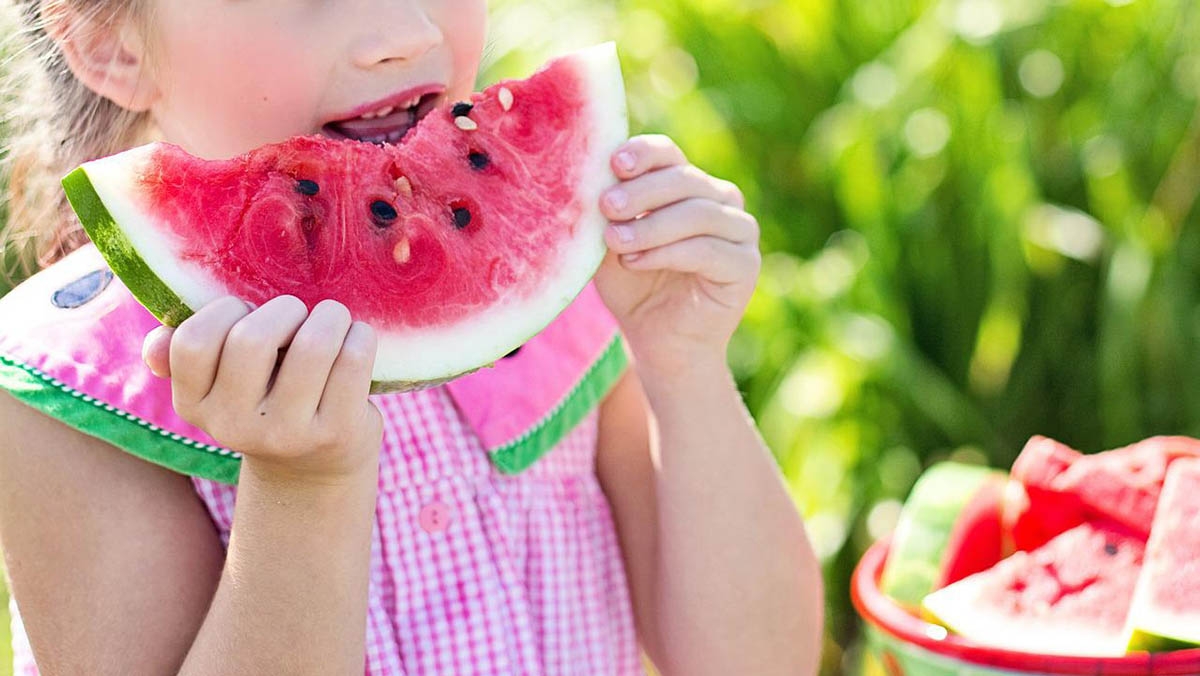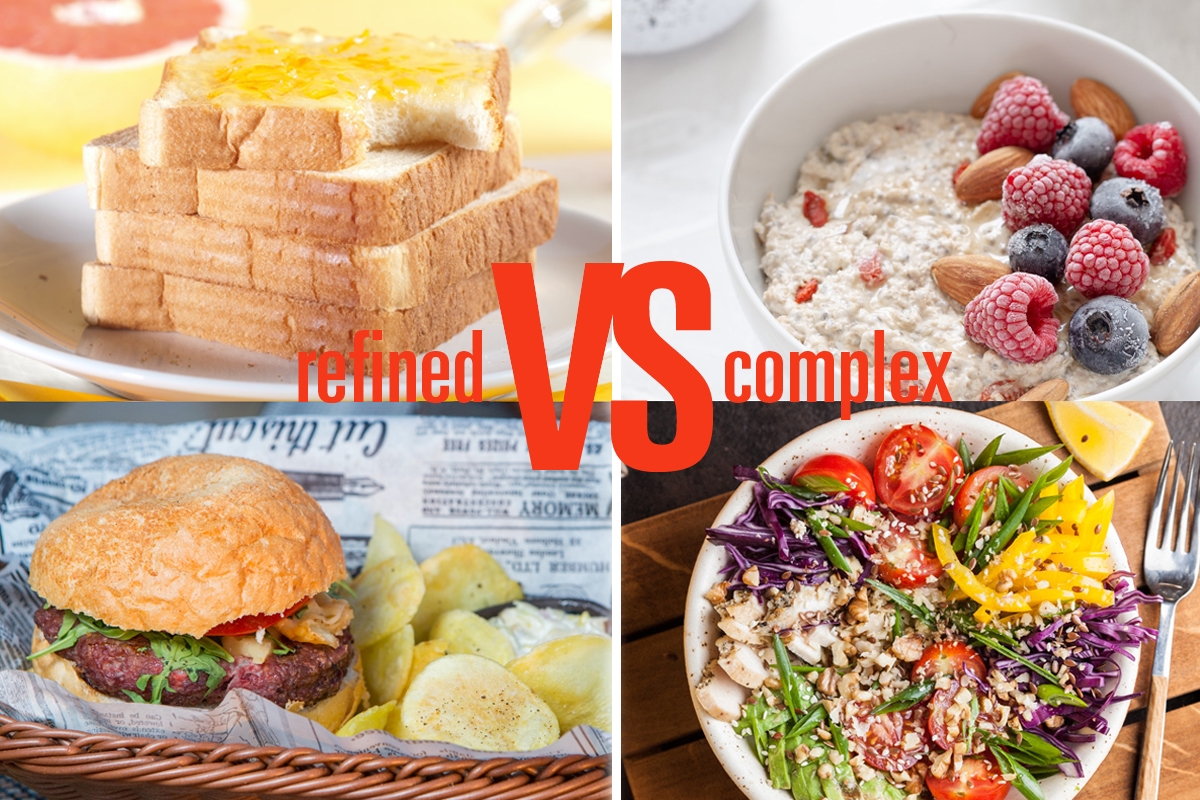
Don’t download that apps–eating well is not as hard as it might seem!
Online, you can find a lot of information about nutrition and wellness, including apps that track calories and others that promote weight loss—it’s hard not to feel overwhelmed.
However wonderful and interesting these apps might be, they create a disconnect between us and food. They often treat eating as something that needs to be done rather than an enjoyable part of the day. Some apps make mealtime seem like an inconvenience, unlike the fast-food industry that understands this, providing us with drive-throughs open 24 hours a day, how convenient!
This week I am looking to put food into context with our lives, putting aside the numbers and apps and instead focusing on various aspects such as family, time, learning, structure, and energy.
Food is not something that can be separated from your daily life. You eat several times a day, which requires time; whether you are buying food from a store or taking lunch with you to work, there is a thought process behind this action.
Family
When you think of family and family meals, most people can relate to a favourite meal they enjoy, maybe a tasty dessert or a succulent dinner. Whatever the meal is, there is a sense of sharing, community, and enjoyment that comes with it, as well as a feeling of contentment from eating a meal that not only tastes good but makes us feel nourished from the inside out.
For some people, the fulfillment can also be the time spent preparing a meal, working alongside family and friends, sharing gossip, and catching up with each other’s lives. These are often treasured moments that are so important to us and our loved ones.
Time
Although you no longer need to hunt for our food, you still need to go grocery shopping, bring the food home, and store it in your fridge, freezer, or cupboard. When making a meal, you pay attention to the time it will take to prep the food and cook it so that you can eat in a timely manner that fits your lifestyle. Time is then needed to eat the meal and then tidy up after. Not everyone likes or enjoys every aspect of the process. However, these different tasks are often shared in families, so they need not fall on a single person’s shoulders.
If this isn’t the case for you, then dividing up the tasks might be worth trying out, especially if it's holding you back from making good lifestyle changes.
Learning
No matter how you learn the basics of cooking, whether from a relative or if you are self-taught, cooking requires learning various skills. Making a new recipe involves finding something you like and then taking the time to prepare the meal. Making a new dish will often take a little longer, but this is one way of also learning about the tastes, flavours, and textures.
What you like and don’t like changes as you go through life—especially for children whose taste buds develop in their teenage years. It is common to end up enjoying foods that had previously been disliked.
If you move to a new country and face an entirely new palate of foods, you will need to be open to new flavours and ideas regarding food. This can be difficult to adapt to, as food is very personal and can hugely impact how you feel. So, finding some familiar foods just makes things that much easier.
Structure or lack thereof
When it comes to food and meals, some people are quite structured and use a meal plan to know what they are cooking and when, while others like to improvise using the ingredients available to hand to create different meals depending on what is available. Again, this is not something that has to be set in stone but will vary throughout your life, depending on your family, work, and personal preferences.
There is no right or wrong way; it is more about finding a way that works for you and your family, allowing you to eat good food.
Energy
The food you eat is your energy source, and what you eat will influence your energy levels and how you feel. Eating good food allows you to do all the activities that you love.
Eating foods loaded with added sugars and preservatives provides your body with a lower-grade energy source. Eating a variety of fruit, vegetables, grains, and meats will give your body higher-grade energy, ensuring that you have less energy dips and will generally feel better. It will also help with the quantity of food you eat, as unprocessed food will keep you satiated for much longer than processed food.
To make lifestyle and nutrition changes, consider your time, family, learning, structure, and energy before downloading a calorie tracker or weight loss app. You will find that eating well is not as hard as it might seem.
Photo: Jill Wellington, Pixabay









